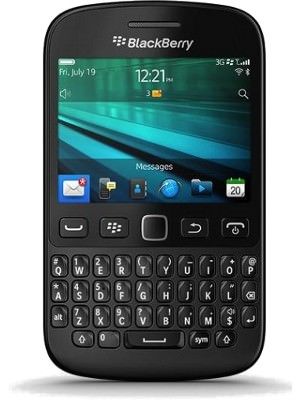
BlackBerry, any of a series of wireless handheld communication devices manufactured from 1999 to 2016 by the Canadian company Research in Motion (RIM; BlackBerry from 2013 on) that were among the first popular smartphones.
The BlackBerry’s roots go back to the RIM 850, a pager created by RIM in 1999. Featuring a tiny keyboard, the device provided wireless e-mail access, allowing users to send and receive messages while on the go. Soon after, RIM released a faster, more powerful device, the RIM 857. The 857 looked more like a personal digital assistant (PDA) and could sync up with personal and business e-mail accounts. Sales of these new devices started off slowly, with only 25,000 users the first year, but those numbers quickly grew. The first BlackBerry phones were released in 2002. Offering cellular phone service, wireless e-mail capability, and Internet access, the new “smartphones” took the business world by storm. Cellular phone providers soon began adding BlackBerry-capable phones to their offerings.
The initial success of the BlackBerry was almost undone, however. Patent disputes with NTP Inc., an American patent holding company, delayed the release of new devices. The BlackBerry continuously received e-mail, calendar entries, and data files through the Internet and the cellular phone network, according to rules set by the user. This is known as “push technology,” and NTP claimed that they had a patent on a similar technology and filed an infringement suit against RIM in 2001. The ensuing legal battle lasted for several years and nearly shut down BlackBerry service. NTP and RIM settled the dispute in 2006 for more than $600 million, with NTP granting a license to RIM to use its patent.
In 2008 the BlackBerry Storm, a touchscreen smartphone similar to Apple Inc.’s iPhone, which debuted the previous year, was released to poor reviews. BlackBerry user growth continued until 2013, but BlackBerry had lost market share to the iPhone and Android-based devices like the Samsung Galaxy. RIM changed its name to BlackBerry in 2013, and in 2016 the company announced that it would no longer make smartphones and would instead concentrate on software and cybersecurity services.
Source:- britannica










